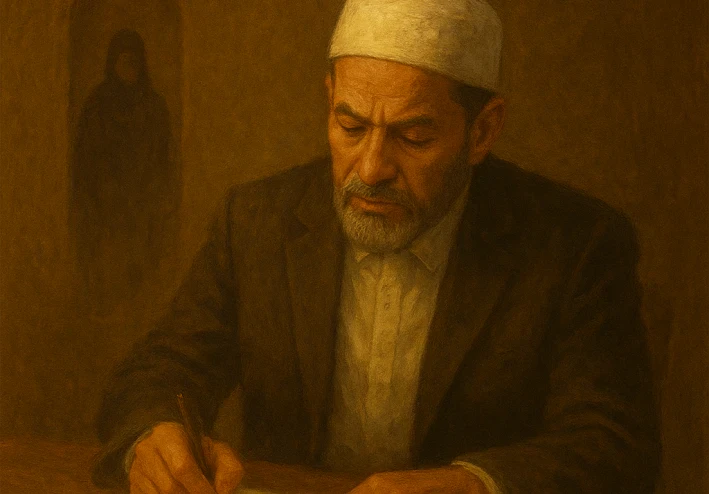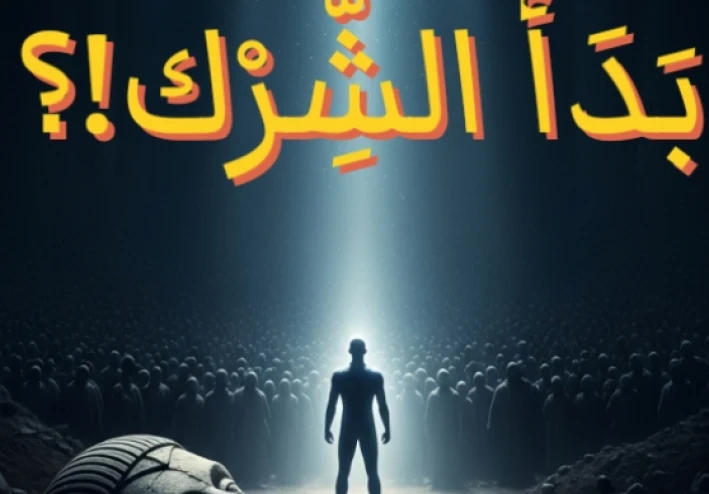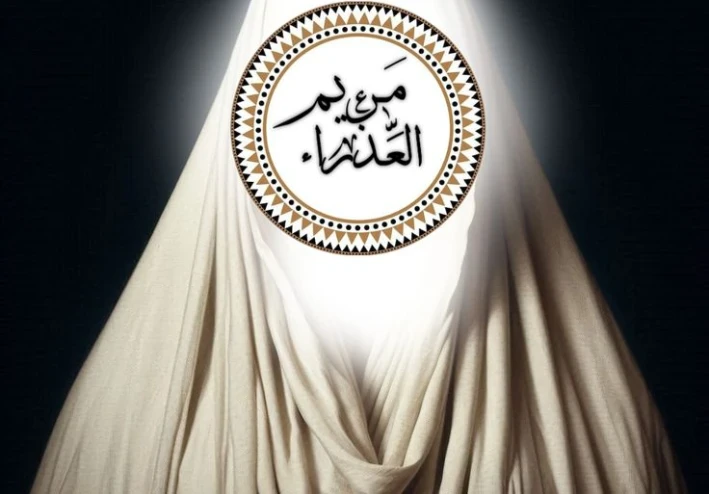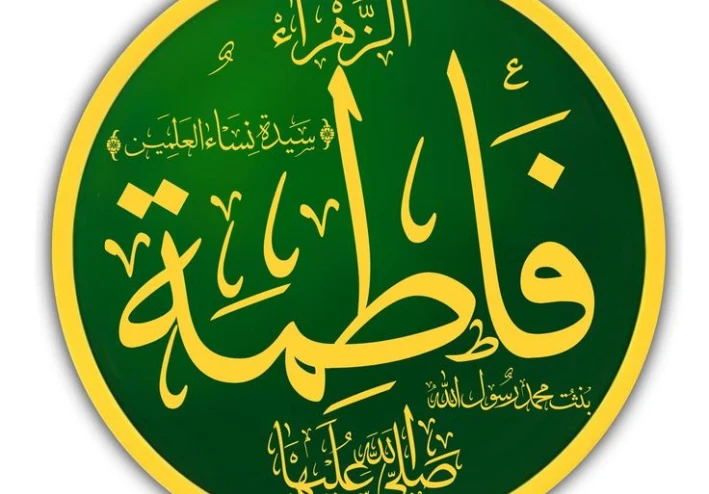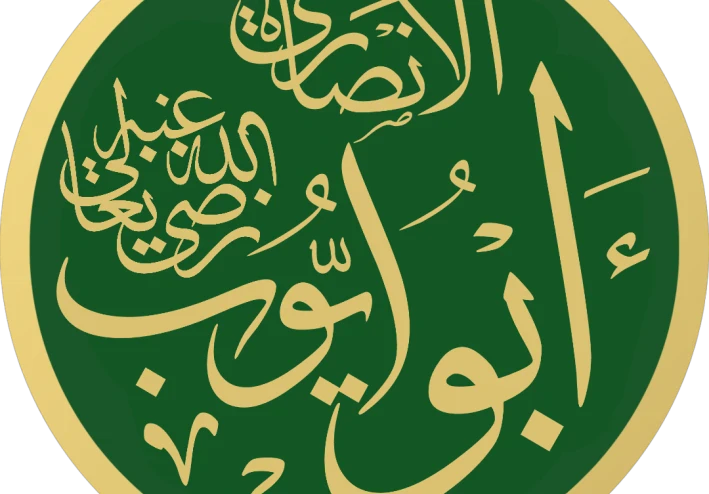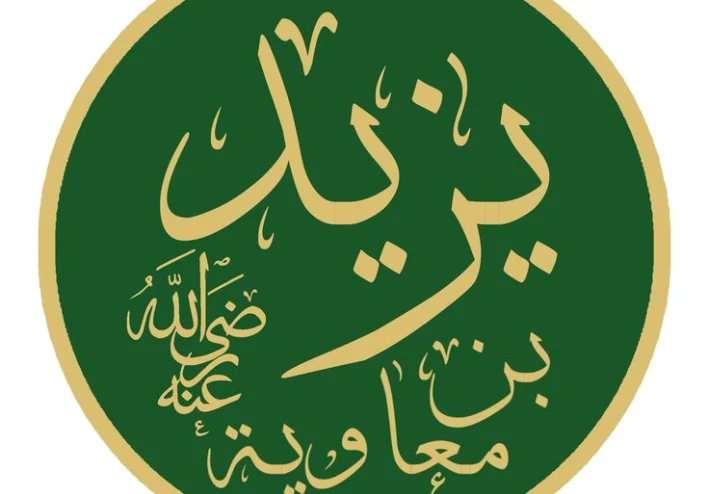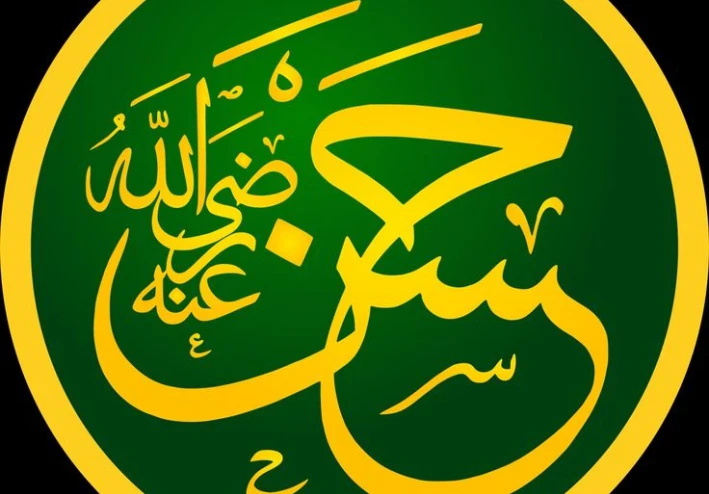The Covenant of Shadows
In the seventh year of his presidency, when prosperity had filled the treasury but unease had settled in the people’s hearts, President Yusuf began to sense a hidden illness in his nation. Reports reached him that progress was praised in offices but questioned in markets, and that ministers spoke proudly of figures while citizens whispered of fairness. He remembered the Prophet’s saying: “Every shepherd is responsible for his flock.” That night, under the soft light of a single lamp, Yusuf decided to launch a reform unlike any before — a program called The Covenant of Shadows, a presidential accountability initiative that inspected not only the light of public action but the unseen corners where truth and hypocrisy wrestled in silence.
The Covenant introduced a unique inspection system based on three layers: clarity, correction, and conscience. The first measured transparency in decisions; the second measured the willingness to correct mistakes; the third measured sincerity — the most invisible metric of all. Yusuf insisted that no inspection would be complete without the third. “If we inspect numbers but not hearts,” he said, “we build walls of glass that still hide deceit.” To ensure impartiality, he appointed inspectors from beyond the capital — scholars, widows of soldiers, craftsmen, and teachers who had earned reputations of honesty rather than privilege. Their task was to move through every ministry, collecting stories as much as statistics, and evaluating the moral temperature of the nation.
The first inspection fell upon the Ministry of Trade, where export records glistened with success yet market shelves stood half-empty. The Covenant’s team arrived quietly, refusing escorts or prepared reports. They spoke to merchants, dockworkers, and farmers whose names had never reached official ears. Within weeks, they uncovered a network of self-serving deals masked by legal contracts. Yet, instead of public trials, Yusuf ordered what he called “accountable repentance.” Each official involved was summoned to the Hall of Reflection — a circular chamber built for confession, redress, and reform. There, in front of peers and inspectors, wrongs were named, reparations ordered, and new oaths of integrity taken beneath verses engraved upon the walls: “Allah commands justice, good conduct, and giving to relatives.”
The Covenant’s inspections soon spread. Each ministry received both a numerical report and a shadow report — the latter documenting unseen harm: wasted time, neglected duties, ignored pleas. These shadow reports became the pulse of reform. Leaders learned to seek them out before public ceremonies, dreading and desiring them in equal measure. President Yusuf reviewed every one personally. When a report accused even his own inner circle of arrogance, he did not dismiss it. Instead, he called for an inspection of his office — the first of its kind in the country’s history — declaring, “If leadership cannot be inspected, it cannot be trusted.”
A distinctive ritual grew from the Covenant: every Friday before noon, ministers gathered in the courtyard for the Reflection Hour. There, inspectors presented findings in the open, citizens attended as witnesses, and the President invited questions without script or filter. When a village imam once asked why promised wells had not reached his province, Yusuf turned the question into a test. Within a month, the inspection teams reported that funding had indeed been diverted by intermediaries. Those responsible were not only dismissed — they were reassigned to field service, rebuilding the very wells they had delayed.
What made the Covenant of Shadows extraordinary was its humility. Inspections were not weapons of fear but instruments of reform. Failures were recorded alongside apologies; apologies were followed by measurable restoration. The nation’s newspapers began to publish not just achievements, but sections titled “What We Corrected.” In a single year, public satisfaction doubled — not because mistakes vanished, but because they were no longer hidden.
Years later, as Yusuf prepared to retire, he visited the Hall of Reflection one last time. The marble floor bore inscriptions of every national oath of accountability signed under the Covenant. He placed his hand upon his own signature and whispered, “O Lord, let my shadows testify that I tried to make them light.” The inspectors who had once feared power now guarded it; the citizens who once doubted leaders now partnered with them.
Thus the Covenant of Shadows endured — a living reminder that true accountability in Islam is not merely the exposure of wrongs but the cleansing of intentions. When leaders inspect both their systems and their souls, justice ceases to be a slogan and becomes an act of worship.


